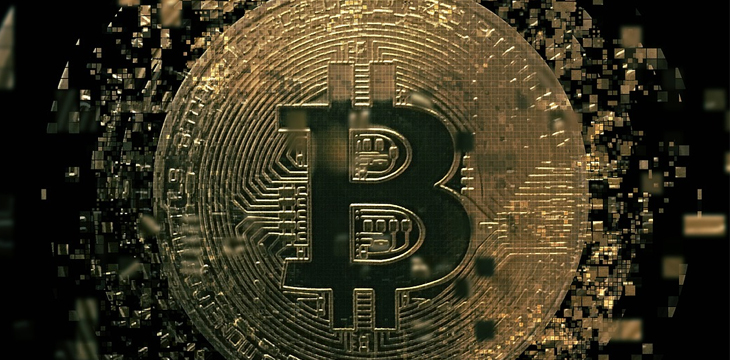|
Getting your Trinity Audio player ready...
|
Bitfinex temporarily shut down its deposit and withdrawals services on May 31 due to a network outage. The crypto exchange announced the shutdown on Twitter. The tweet read:
“Due to the outage of one of our network providers we temporarily paused deposits and withdrawals. Funds are safe in cold storage. Situation should be restored ASAP (ETA 3/4h). Apologies for the inconvenience.”
The announcement sparked fear among some users that the exchange had been hacked. This prompted the exchange’s CTO, Paolo Ardoino to take to Twitter to reassure everyone that their funds were safe. He tweeted: “Note: you can see our hot wallets as well here (at least the most juicy ones), no outgoing tx in a while due to the temporary outage. Funds are safe.” He then gave a list of the exchange’s hot wallets addresses where the users could check out the transactions to assure them that there were no outgoing tokens.
Three hours later, Bitfinex posted an update on its Twitter page indicating that it had restored the withdrawal and deposit services.
Bitfinex has been one of the most controversial crypto exchanges in the industry. The company shares its management team with Tether, the largest stablecoin and the second most traded crypto in the world after Bitcoin Core (BTC). The company has in the past been accused of manipulating the price of BTC using Tether.
According to a report titled “Is Bitcoin Really Un-Tethered?”, Bitfinex has been using Tether to manipulate the price of BTC. The report, by two acedemics John Griffin and Amin Shams, found that the exchange would strategically release new USDT tokens when the market was going down, buy BTC tokens with the USDT and reverse the trend.
Then came the $850 million scandal. New York attorney general, Letitia James opened an investigation last month accusing the exchange of covering up the loss of $850 million through a series of false conflicted corporate transactions. Bitfinex allegedly lost the money to Crypto Capital, a Panamanian payments processor after it failed to secure the services of a bank. Most banks have refused to do business with the exchange since its banker, Wells Fargo, terminated their relationship.

 02-22-2026
02-22-2026 




